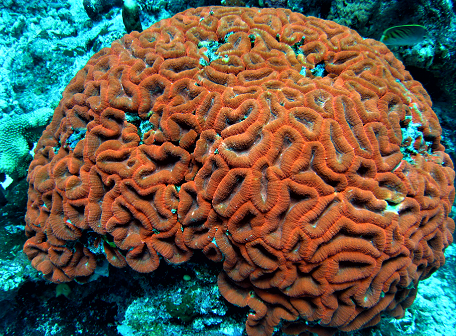
TROPICAL SYNAPSES
Reflections on topics including clinical neurology, recent publications in neuroscience,
philosophy of biology, "neuro-doubt" about modern media hype of new neuro-scientific procedures and methods, consciousness, scuba diving, horticulture, jazz, blues, slack key guitar music, the Hawai'i health scene, and whatever else dat's da kine...
Choke faux 'choke
A new cover-up REVEALED!

Well, actually, it was an old cover-up, from the nineteen-sixties. Nevertheless, it was a cover-up! Conspiracy theory lovers, rejoice! The sugar industry seems to have covered up evidence sugar increases cancer risk. A news perspective HERE.
ABSTRACT
-----------------------------------------------------------------------
Sugar industry sponsorship of germ-free rodent studies linking sucrose to hyperlipidemia and cancer: An historical analysis of internal documents
Cristin E. Kearns, Dorie Apollonio, Stanton A. Glantz
PLOS Biology 15(11): e2003460
Published: November 21, 2017
https://doi.org/10.1371/journal.pbio.2003460
Abstract
In 1965, the Sugar Research Foundation (SRF) secretly funded a review in the New England Journal of Medicine that discounted evidence linking sucrose consumption to blood lipid levels and hence coronary heart disease (CHD). SRF subsequently funded animal research to evaluate sucrose’s CHD risks. The objective of this study was to examine the planning, funding, and internal evaluation of an SRF-funded research project titled “Project 259: Dietary Carbohydrate and Blood Lipids in Germ-Free Rats,” led by Dr. W.F.R. Pover at the University of Birmingham, Birmingham, United Kingdom, between 1967 and 1971. A narrative case study method was used to assess SRF Project 259 from 1967 to 1971 based on sugar industry internal documents. Project 259 found a statistically significant decrease in serum triglycerides in germ-free rats fed a high sugar diet compared to conventional rats fed a basic PRM diet (a pelleted diet containing cereal meals, soybean meals, whitefish meal, and dried yeast, fortified with a balanced vitamin supplement and trace element mixture). The results suggested to SRF that gut microbiota have a causal role in carbohydrate-induced hypertriglyceridemia. A study comparing conventional rats fed a high-sugar diet to those fed a high-starch diet suggested that sucrose consumption might be associated with elevated levels of beta-glucuronidase, an enzyme previously associated with bladder cancer in humans. SRF terminated Project 259 without publishing the results. The sugar industry did not disclose evidence of harm from animal studies that would have (1) strengthened the case that the CHD risk of sucrose is greater than starch and (2) caused sucrose to be scrutinized as a potential carcinogen. The influence of the gut microbiota in the differential effects of sucrose and starch on blood lipids, as well as the influence of carbohydrate quality on beta-glucuronidase and cancer activity, deserve further scrutiny.
Risks for impaired post-stroke cognitive function
In a printed posted to the medRxiv preprint archive this month, I found a chart review of patients with stroke to determine factors (other t...

-
According to the Nobel-prize-winning work in the 1960's by Sperry and Gazzaniga , after the two cerebral hemisphere are cut by callos...
-
The Ship of Theseus is a classic thought experiment in Greek philosophy. As related by Plutarch the historian, Theseus' ship was kept as...
-
Sanboukan sweet lemon citrus tree grafts after a month, unwrapped today. The first graft looks more solidly healed than the second. We wi...



